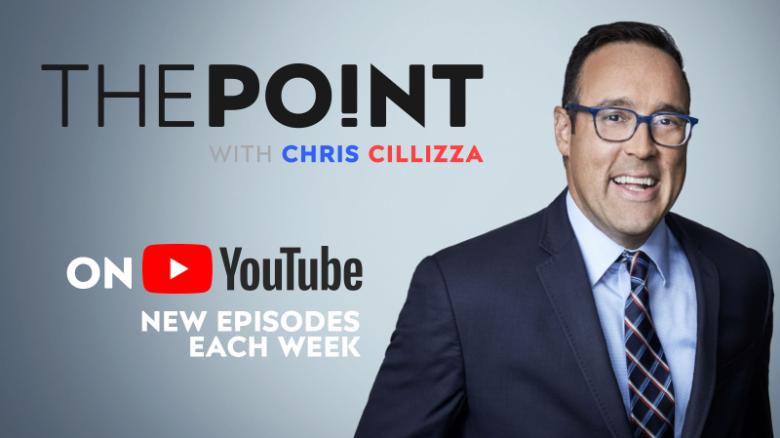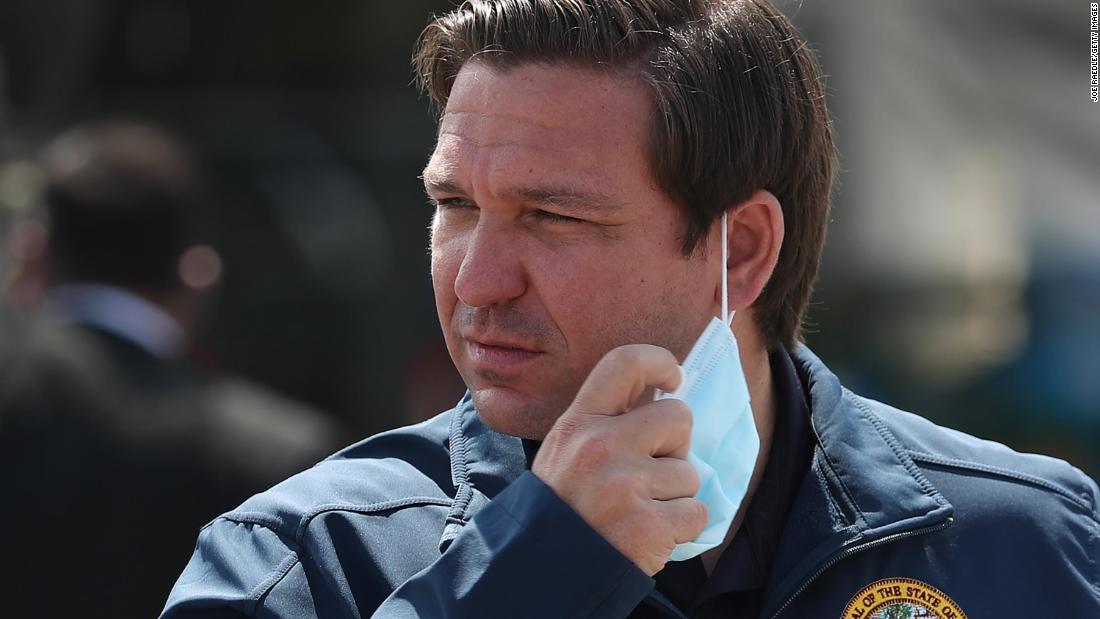Faced with such a massive challenge, the question many are asking now is whether Florida’s newly minted governor — Republican Ron DeSantis — is up to the job.
“If coronavirus were a hurricane, it seemed to reach Category 5 status over the weekend. More than ever, Florida needs decisive, resolute guidance to get through this storm.
“Instead, Ron DeSantis continues to muddle and spin his way through. For every good move, there have been too many missteps…
…The one thing we’ve all learned about COVID-19 is the need for humility. It’s far too unpredictable for anyone to declare that victory or doomsday is at hand. But DeSantis has too often acted as if he wanted nothing more than to hang up a ‘mission accomplished’ banner.”
Amid this increasing scrutiny, DeSantis is responding much like his political benefactor: Donald Trump.
The Florida Republican insisted Monday that one of the major reasons for the surge in positive cases was due to the increased testing in the state, noting that 144,000 Covid-19 tests were conducted on Saturday alone. “The whole United States was probably not doing 144,000 tests in March,”
said DeSantis. That echoes Trump’s argument on Monday afternoon that “we test more than anybody, by far. And when you test, you create cases.” (
That is, of course, not true.)
In addition to the pressure DeSantis faces from Trump to hold the line — the President waded into the Florida GOP primary in 2018 to endorse DeSantis — there’s also this complicating factor: DeSantis (and his administration) spent much of May on a victory lap, insisting that his policies had been right and the doubters had been wrong.
“None of these people knew anything about Florida at all, so I didn’t care what they were saying,”
DeSantis told National Review’s Rich Lowry of those who had criticized both his
slow closing of the state in April and
his quick re-opening in May. “I researched the 1918 pandemic, ’57, ’68, and there were some mitigation efforts done in May 1918, but never just a national-shutdown type deal. There was really no observed experience about what the negative impacts would be on that. So I was very concerned about things on that side as well and I think that’s why I had a more nuanced and balanced approach than some of the other governors.”
Riiiiight.

THE POINT — NOW ON YOUTUBE!
In each episode of his weekly YouTube show, Chris Cillizza will delve a little deeper into the surreal world of politics. Click to subscribe!
Need more? In response to a
May 5 Orlando Sentinel article reporting that one projection suggested that the death toll in Florida from coronavirus could reach almost 4,000 by August, DeSantis’ spokesperson Helen Aguirre Ferre
tweeted this:
“This alarmist headline mimics the erroneous headlines of the recent past that were based on models that were wrong. If you want to get it right speak to @GovRonDeSantis.”
When you push the we-were-right-and-everyone-else-was-wrong narrative, then you had better hope that the data backs you up. And, for DeSantis, it, well, doesn’t.
So, what now? Politicians h-a-t-e admitting they were wrong — particularly on something as high profile as the coronavirus. But, that’s what other governors — Gavin Newsom in California, Greg Abbott in Texas — in states facing coronavirus surges have done in recent days. Abbott implemented a
mask mandate while Newsom
closed virtually all indoor spaces in the Golden State on Monday.
DeSantis hasn’t done anything like that yet.
He’s been saying publicly for the better part of the last week that cases in the state are
“stabilizing” despite ample evidence that that’s not true. As for mandating that people wear masks in public, DeSantis has been skeptical. “To do police and put criminal penalties on that is something that is probably gonna, would backfire,”
he said late last month, adding: “We’re gonna continue to put out the messaging, we’re gonna continue to put out the guidance, and we’re gonna trust people to make good decisions.”
The situation in Florida appears to be on the verge of becoming totally out of control — if it’s not there already. DeSantis seems unwilling to acknowledge that reality — and how wrong he was about his state’s battle against the virus.

![]()


